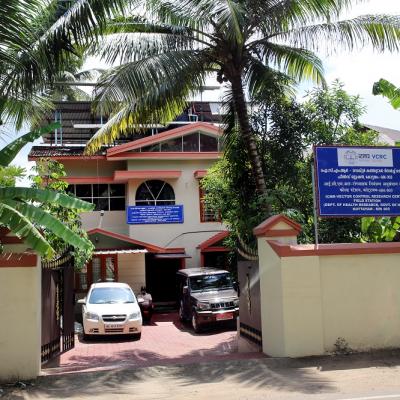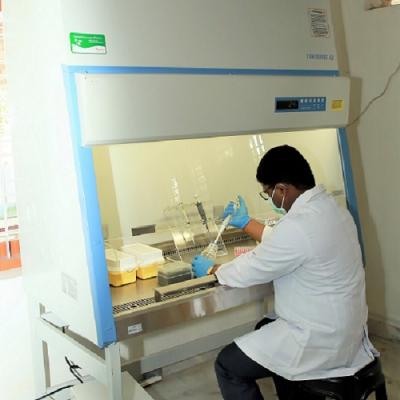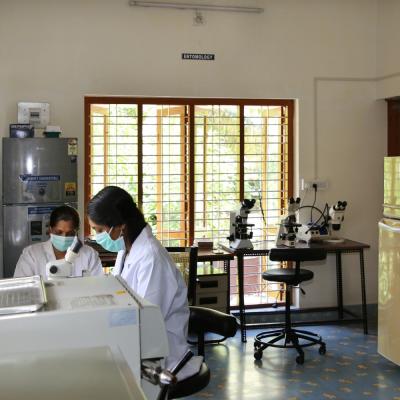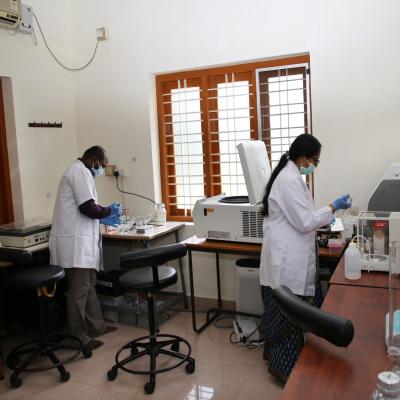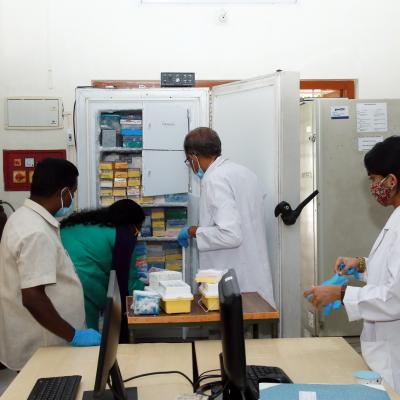ICMR-VCRC Field Station, Kottayam, Kerala
Office In Charge: Dr. Prasanta Saini, Scientist-B
The Field station was established during 2008, on the wake of the widespread outbreak of chikungunya fever in Kerala, as requested by the Govt. of Kerala and Rubber Board, Govt. of India. Since then, VCRC Field Station, Kottayam is carrying out research studies on the biology and control of different Vector-borne diseases, prevalent in Kerala in collaboration with the Dept. of Health Services, Govt. of Kerala. With the above mandate, the following research activities are being carried out in the field station.



